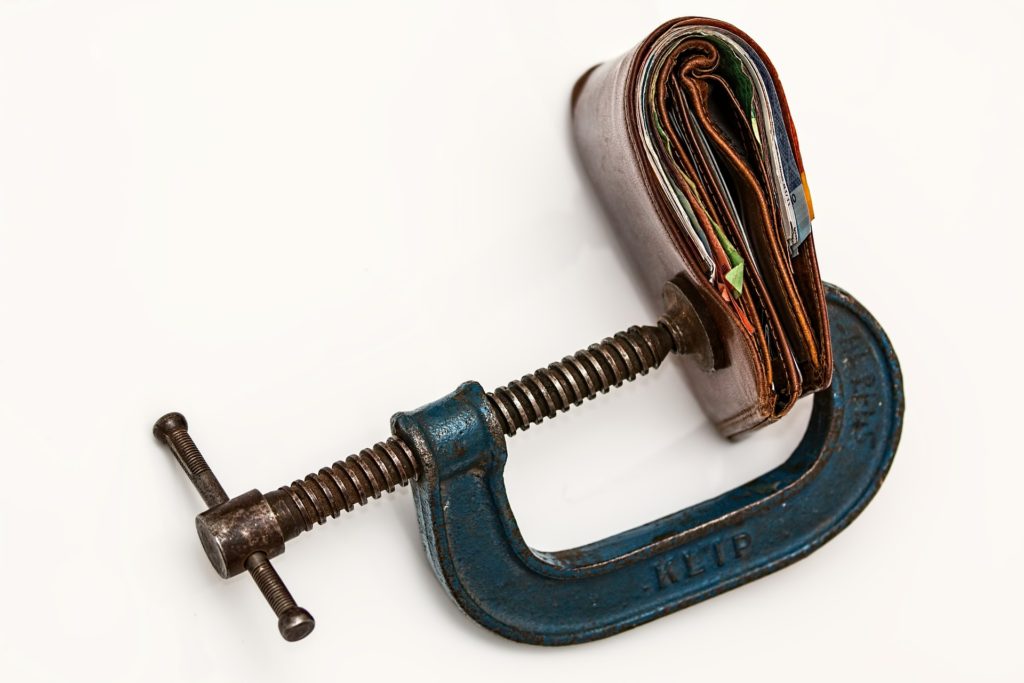
What Questions Will My Massachusetts Bankruptcy Attorney Ask Me?
The bankruptcy process in Massachusetts is fairly complex. Think of the job of a bankruptcy attorney in Massachusetts as that of an interpreter for the bankruptcy court. Like an interpreter, your bankruptcy attorney will listen to you and present your financial information to the bankruptcy court in a language that the bankruptcy court understands. It is in the initial meeting with your bankruptcy attorney that you will provide that attorney with a comprehensive list of your assets, liabilities and your expenses. You attorney will then use this initial information to advise you as to which chapter in bankruptcy would be best suitable for your circumstances, or whether another alternative to bankruptcy is preferable.
Show Me the Money – List All Assets
Your attorney is going to want to see a list of all of your assets. Your assets will include your income from various jobs, any personal or real property that you currently own including homes, automobiles and anything else that you have title to, or for which you have joint ownership. It is also important at this time to explain the timing of any recent home sales or other major purchases, including vacations.
Keep in mind that an attorney experienced in bankruptcy knows that you may not necessarily be an expert in finances. In fact, not being a financial whiz is very common. Many, many, many intelligent and creative people have little more than a basic knowledge of the language used in the financial world. The point of this initial meeting is not to test you or quiz you on your knowledge of all things financial, rather, it is to learn about your financial situation and to make sure that every possible asset listed for the bankruptcy court is on the table. It is the job of your attorney to help you generate this beginning asset list.
Also, be aware, that the flip side of this coin (a failure to list an asset either by mistake or otherwise) might be viewed by the court as fraudulent behavior. There can be penalties associated with fraud including but not limited to having your bankruptcy petition dismissed should the court find such penalties necessary. This is why, in the initial interaction, a bankruptcy attorney will spend a great deal of time making sure that all of your assets are listed. The details of these asset holdings can be discussed at a later time, but it is critical to provide a full list of all assets.
Expenses
If you are a Bankruptcy filer in Massachusetts, you’ll also hast have to list all of your current expenses. While expenses are important in a Chapter 7 case, they are particularly important in Chapter 13 because here, the bankruptcy court is going to determine your ability to make ongoing payments under a repayment plan. In order to make clear your ability to stick to the repayment plan, the court will subtract your expenses from your income to see if the making payments on a regular basis is possible. You will need to provide your attorney with an accurate accounting of all expenses.
Please Don’t Skip the Details
The expenses you should report to your attorney during your initial meeting include every possible expense that you have including but not limited to: rent, mortgage payments, personal expenses, clothing, entertainment expenses, you name it. Make sure to list every single expense that you have.
Liabilities
Determine precisely who you owe money to and whether those debts are backed up by collateral or whether the debt is unsecured debt, like credit cards. Again, you need to list all of the total monthly payments that you make to each of these creditors as well as the total amounts owed to each creditor, any corresponding account numbers, arrearages, late fees and penalties that have accrued on each account.
Almost done
Now that you provided your attorney with a thorough list of all of your assets, liabilities and expenses the attorney can review and dig deeper if needed on any item. Understand that the information you provided will be the information filed with the bankruptcy court. Also understand that it is your attorney’s responsibility to ensure that the information provided makes sense and is reasonable. You may be asked multiple questions by your attorney even after you have completed this process.
DISCLAIMER:
The information provided in the pages and posts of this website are for general informational purposes only. The information presented on this site is not legal advice, and no attorney-client relationship is formed by the use of this site.


